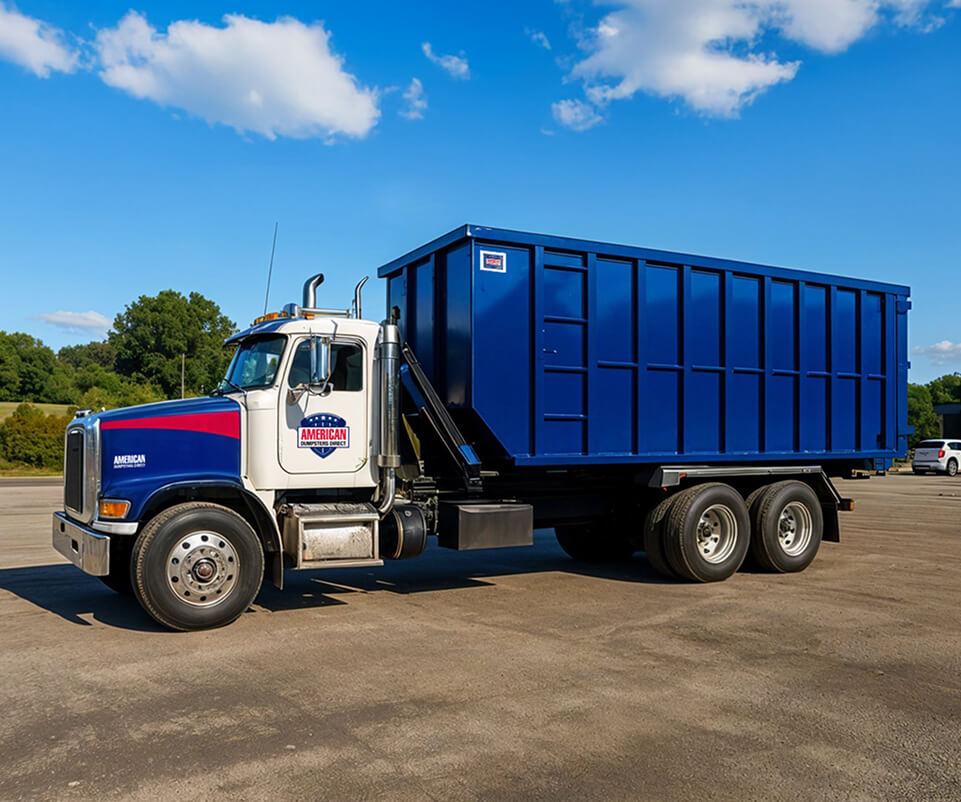Waste Management Equipment: Building a Cleaner and Sustainable Future

Waste management has become one of the most pressing challenges in today’s world, with urbanisation, industrial growth, and population increase generating massive amounts of waste every day. Managing this waste effectively requires not just planning and strategies but also the right tools and technology. Waste management equipment plays a crucial role in ensuring waste is collected, handled, treated, and disposed of efficiently while reducing environmental impact and supporting sustainable practices.
The Importance of Waste Management Equipment
Without proper equipment, waste can pile up quickly, leading to pollution, health hazards, and strain on ecosystems. Advanced waste management equipment helps streamline the process from start to finish — from collection to recycling and disposal. It ensures efficiency, safety, and compliance with environmental regulations. Furthermore, modern equipment also supports recycling initiatives, resource recovery, and eco-friendly practices, aligning with global sustainability goals.
Types of Waste Management Equipment
Different types of equipment are designed to handle different waste streams, ranging from household waste to industrial and hazardous materials. Some of the most common include:
- Waste Collection Vehicles
Garbage trucks, compactors, and skip loaders are vital for collecting and transporting waste from residential, commercial, and industrial areas to treatment or disposal facilities. - Balers and Compactors
These machines compress waste, reducing its volume. Balers are commonly used for recyclable materials like cardboard, paper, and plastics, while compactors manage general waste, making storage and transport easier and more cost-efficient. - Shredders and Crushers
Shredding equipment helps in breaking down bulky waste, electronic waste, and industrial materials into smaller, manageable pieces. Crushers are often used for construction and demolition debris like concrete or glass. - Recycling Equipment
Advanced recycling systems separate and process recyclable materials such as metals, plastics, and glass. This equipment supports the circular economy by reintroducing materials into the production cycle. - Hazardous Waste Handling Systems
Specialised equipment, such as sealed containers, incinerators, and treatment units, is designed to safely manage chemical, biological, or medical waste to prevent risks to human health and the environment. - Organic Waste Processing Machines
Composters and biodigesters convert organic waste into useful by-products like fertilisers or biogas, reducing landfill load and promoting renewable energy solutions.
Benefits of Using Modern Waste Management Equipment
- Efficiency: Automating processes reduces the time and labour needed for waste handling.
- Cost-Effectiveness: Compacting and shredding equipment minimises transport and storage costs.
- Environmental Protection: Reduces pollution, prevents illegal dumping, and lowers greenhouse gas emissions.
- Safety: Proper handling equipment protects workers from hazardous exposure.
- Sustainability: Promotes recycling, resource recovery, and green energy generation.
Waste Management Equipment in Businesses and Municipalities
For municipalities, waste equipment ensures cleaner streets, proper collection systems, and compliance with waste disposal regulations. For businesses, particularly in manufacturing, construction, and retail, it reduces operational costs while enhancing corporate social responsibility. Many companies now invest in advanced recycling equipment to reduce their carbon footprint and meet sustainability targets.
The Future of Waste Management Equipment
Technology is rapidly advancing, and the future of waste management is becoming smarter. IoT-enabled bins, AI-driven recycling systems, and automated collection vehicles are revolutionising the industry. These innovations allow for real-time monitoring, predictive maintenance, and data-driven decision-making, improving efficiency and reducing costs.
In addition, eco-friendly solutions like electric-powered collection vehicles and renewable-energy-based waste treatment systems are gaining traction, aligning waste management practices with global environmental goals.
Conclusion
Waste management equipment is more than just machinery — it is the backbone of modern waste handling and sustainability efforts. From reducing waste volume and enhancing recycling processes to ensuring safe disposal of hazardous materials, this equipment is essential in creating cleaner cities, healthier communities, and a greener planet.
As the world continues to focus on sustainable development, investing in advanced waste management equipment will not only solve current challenges but also pave the way for a more sustainable and responsible future.
- Art
- Causes
- Crafts
- Dance
- Drinks
- Film
- Fitness
- Food
- Jeux
- Gardening
- Health
- Domicile
- Literature
- Music
- Networking
- Autre
- Party
- Religion
- Shopping
- Sports
- Theater
- Wellness


